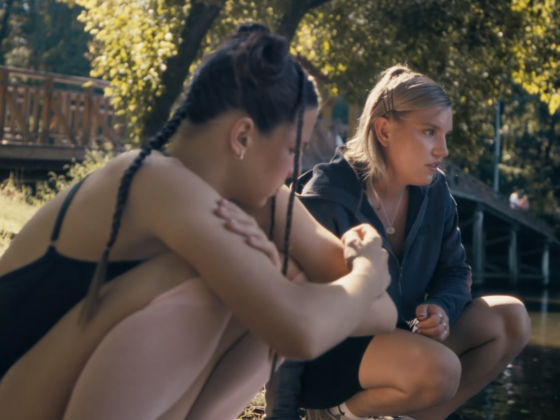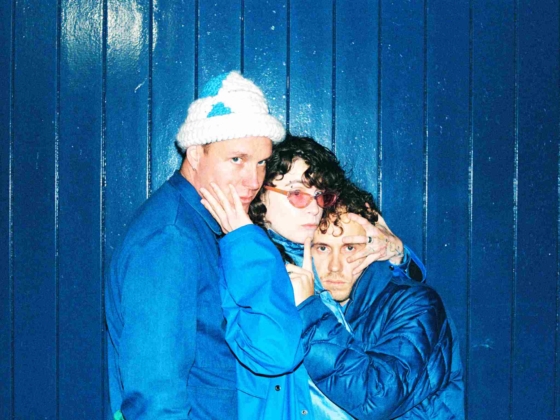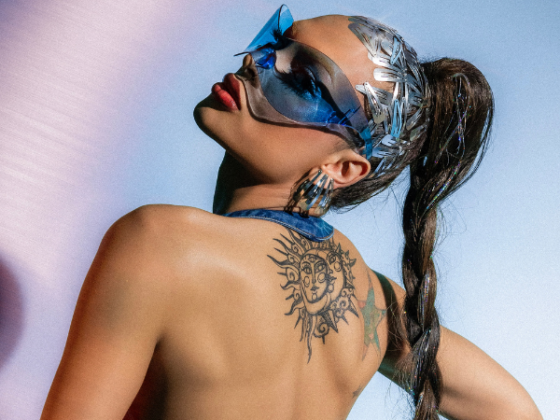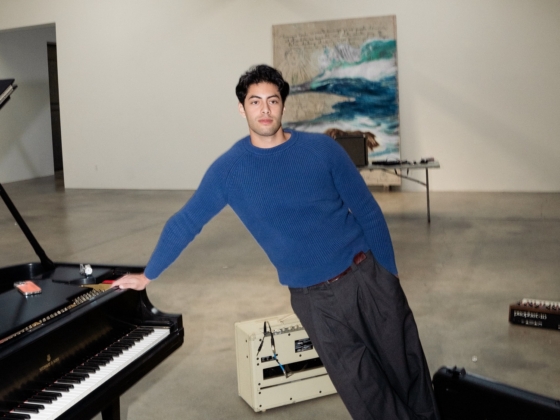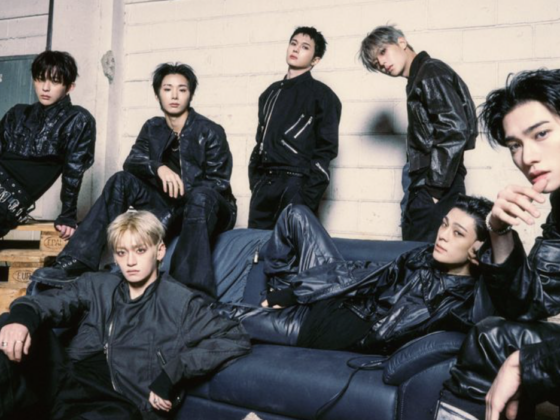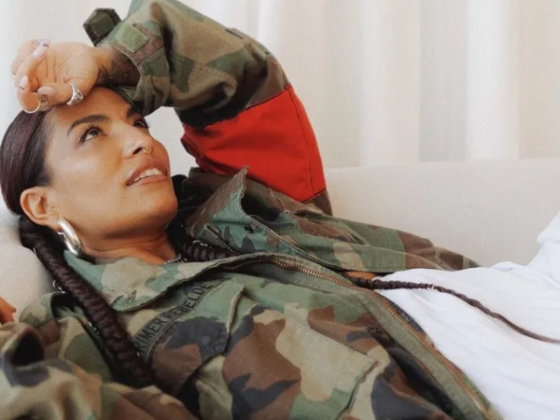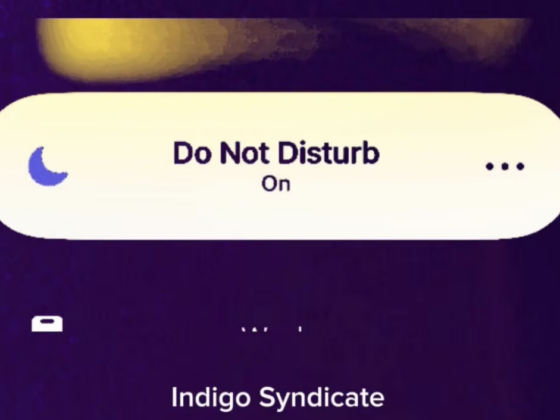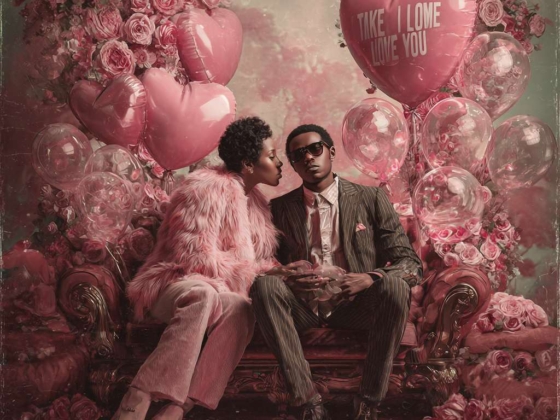Elijah Blake has stepped out as an artist in his own right over the passed few years. Once upon a time, he was most notably known as the penman behind Usher's #1 worldwide hit "Climax" and collaborating with others including Rick Ross, Game, Keyshia Cole, and Rihanna.
[soundcloud url="https://api.soundcloud.com/tracks/37727580" params="auto_play=false&hide_related=false&show_comments=true&show_user=true&show_reposts=false&visual=true" width="100%" height="450" iframe="true" /]
But since linking with the legendary Chicago-native No I.D. and inking a deal to his ARTium Records, the crooner has very much developed his own sound and vision – neither as debauched as The Weeknd nor quite as vulnerable as Frank Ocean.
Blake's most recent project, Drift, was transparent and vulnerable – a telling tale in a larger sense of the individual. His concerted effort to open up and, more importantly, humanize himself is something all too many in music have departed from. Listen to his supple falsetto and you'll know that Blake's a major talent that cannot be denied.
EARMILK: Let's start with your signing to ARTium specifically. How did your relationship with No I.D. come about that ultimately transpired into a record deal?
Elijah Blake: I met No I.D. during a session with Snoh Aalegra. He would always hear about me in passing and always heard songs that I did like, "Yo he's dope." But we never got the chance to make the connection. Someone played him some of my stuff and he was like, "Call him now." I got the call to come in the studio right then and there and he was able to understand the vision. That's where it all began.
EM: At what point in time were those dealings happening in relation to the explosion of opportunities you had in the songwriting world (knowing that you're an accomplished songwriter as well)?
EB: That was about 2012 at that time. I had "Climax", which was number one. I had "No Love Allowed" for Rihanna. I was working with Trey [Songz] for like forever who is like a big brother to me. I just had so much creative energy from being in those sessions, being around my idols, being able to download all that and apply it to myself. I had so much awareness of myself as an artist. I had a vision so I got the chance to put it on record and tell my story. Initially, I wanted to do a mixtape but the labels said you can't do a mixtape this is too good. That's when all the offers started coming in.
EM: Talk about the interconnection – if you believe there to be one – of songwriting and its ability to allow you to thrive as your own artist (both from a business perspective and an artistic perspective).
EB: I feel like that is art in its true form. You don't separate the painting from the brush. If you look at the biggest artists of our time like Lauryn Hill, Prince, and Stevie Wonder, all of those artists tell their own stories. There are also artists who don't but I always wanted to be the artist who told my story on my own terms in my own way. I feel like that is art in its true form; when the artist not only sings what's presented, but also has a hand in telling that story.
EM: What has the transition been like going from predominantly behind the boards to the front of the stage?
EB: To me I wouldn't even call it a transition. It's basically going back to basics. Before I even knew what a publishing check or royalty check was it began with me singing with my little keyboard that came with the plug in microphone with the dreams of being under the light singing and performing for people. I went to art school all my life so performing was first for me but because I wanted to do it on my own terms, I found out that the artists that were able to get the platform and fight that labels for their vision were the songwriters so I took the songwriting avenue. For me it was basically me doing my due diligence so I can bring it back home. That's basically where I am at right now.
EM: Your most recent EP 'Drift' was a strong offering. Where did the inspiration for the project come from?
EB: I was in a dark place. I was basically like fuck everybody. As harsh as that may sound, it is the truth. I was somebody that always had it together or appeared to have it together and when I did Drift it was basically me saying I don't have it all figured out. I don't have all the answers Sway. So basically that was my whole zone. I wanted to express that. I wanted to document that. It all gets better but I wanted to look back and listen to those lyrics and feel that same passion, that helplessness, and also that little light of hope that made me not give up. That's really how I felt with Drift. A lot of people around me did not understand me, which caused me to overthink a lot of things. I just wanted to get back in position where I was in control again and I was kind of losing myself around Drift so I just took those experiences and childhood experiences that helped me express my vulnerability on songs like "6" which was super personal and songs like "Quicksand" which talked about my past relationships.
[youtube]https://youtu.be/lVz175rvIJQ[/youtube]
EM: If you were to communicate to your fans about what to expect from your music, what would you say?
EB: Honesty in its purest form. I feel like I'm talking about things that I am really confident in, things that I am extremely imperfect at in terms of relationships, but also expressing ways that I can grow. It's playing with different sounds. It is not the traditional standard r&b. Expect honesty and transparency.
EM: Bringing everything up to current day, you just released "I Just Wanna…" as your next single. What's coming down the pike?
[youtube]https://youtu.be/-uWLGKKEE9I[/youtube]




